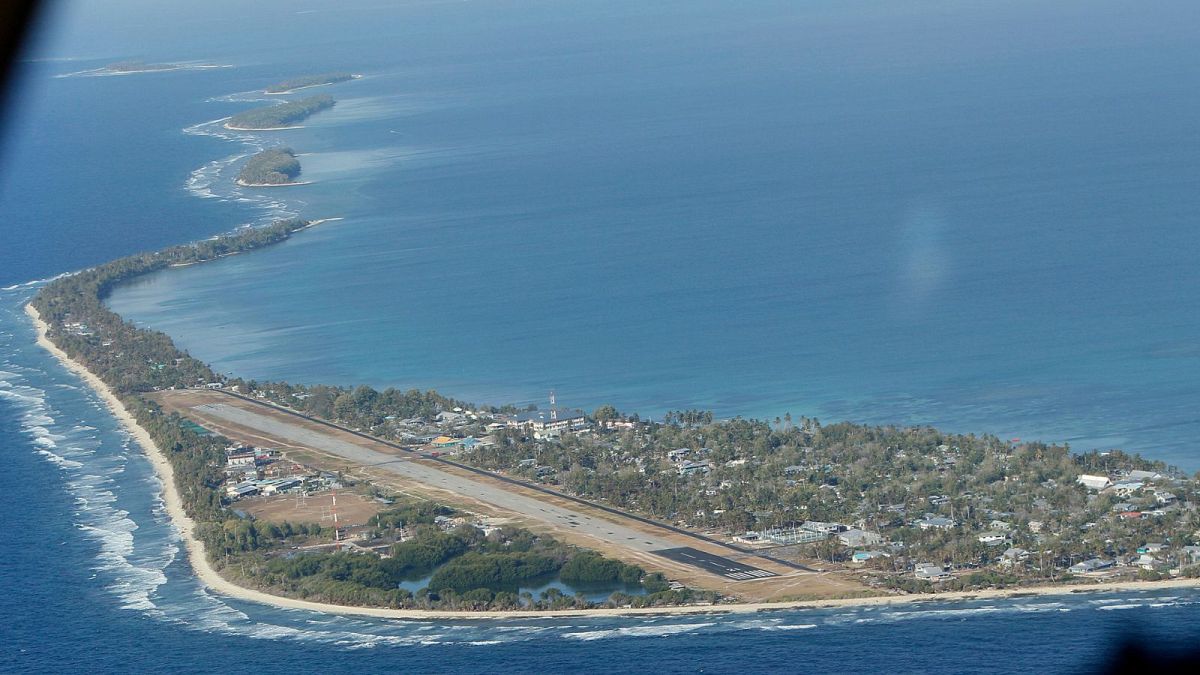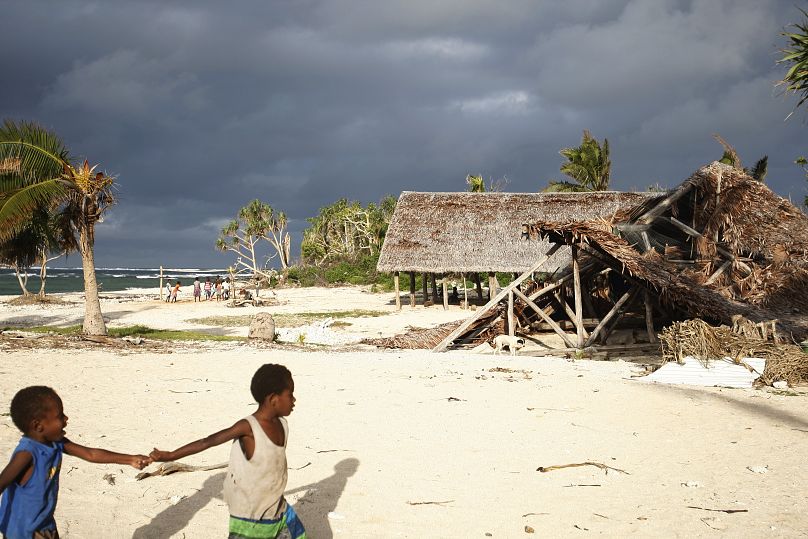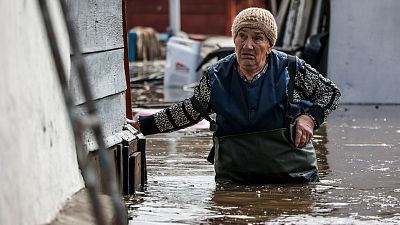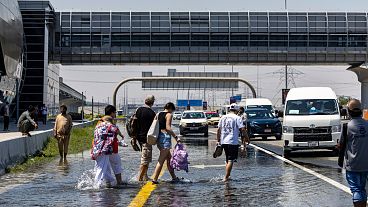‘We cannot remain silent’: Small island states are using the law of the sea to demand climate action in a world-first case.
A group of small island nations threatened by rising sea levels are taking on high-emitting countries in a landmark hearing in Hamburg, Germany today.
The prime ministers of Tuvalu and Antigua and Barbuda are among those giving evidence at the International Tribunal for the Law of the Sea (ITLOS), in what is considered to be the first climate justice case centred on the ocean.
The international court will consider whether carbon emissions absorbed by the sea should be considered marine pollution, and what obligations nations have to protect the marine environment.
“Without rapid and ambitious action, climate change may prevent my children and grandchildren from living on the island of their ancestors, the island that we call home. We cannot remain silent in the face of such injustice,” says Gaston Browne, Prime Minister of Antigua and Barbuda.
“We have come before this Tribunal in the belief that international law must play a central role in addressing the catastrophe that we witness unfolding before our eyes.”
Are greenhouse gas emissions breaking the law of the sea?
The case is being brought by the Commission of Small Island States on Climate Change and International Law (COSIS). The Bahamas, Niue, Palau, St. Kitts and Nevis, St. Lucia, St. Vincent and the Grenadines and Vanuatu are also part of this coalition.
COSIS will argue that most countries are obliged to protect the marine environment under the UN convention on the Law of the Sea - including from greenhouse gas emissions.
As one of the world’s largest carbon sinks, the ocean absorbs 25 per cent of all CO2 emissions and captures 90 per cent of the excess heat generated by these emissions. It also generates 50 per cent of the planet’s oxygen.
Excessive carbon pollution causes harmful chemical reactions such as acidification and coral bleaching, and jeopardises the ocean’s ability to absorb CO2 and safeguard life on Earth.
Low-lying island states like Tuvalu and Vanuatu are also at risk of becoming submerged by water by the end of the century due to slow-onset climate impacts.
“Extreme weather events, which grow in number and intensity with each passing year, are killing our people and destroying our infrastructure,” Tuvalu’s Prime Minister Kausea Natano adds to the litany of adverse climate impacts.
This is despite small island developing states (SIDS) being collectively responsible for less than 1 per cent of global carbon emissions.
What will happen if COSIS succeeds in its climate case?
After the two-day hearing, the tribunal will issue an advisory opinion. This is not legally binding, but offers an authoritative statement on legal matters that could guide countries as they craft climate protection law.
If successful, the case will extend countries’ obligations under the UN convention to include carbon-emission reduction and protection of marine environments already hit by CO2 pollution.
“We come here seeking urgent help, in the strong belief that international law is an essential mechanism for correcting the manifest injustice that our people are suffering as a result of climate change,” adds Tuvalu’s Natano.
“We are confident that international courts and tribunals will not allow this injustice to continue unchecked.”
Small island nations have also sought legal clarity on nations' climate obligations in other courts.
Vanuatu led a campaign to ask the International Court of Justice (ICJ) to issue an advisory opinion on countries' obligations to address climate change.
The UN General Assembly in March voted to refer the case to the ICJ, which will issue an opinion in 2024.




